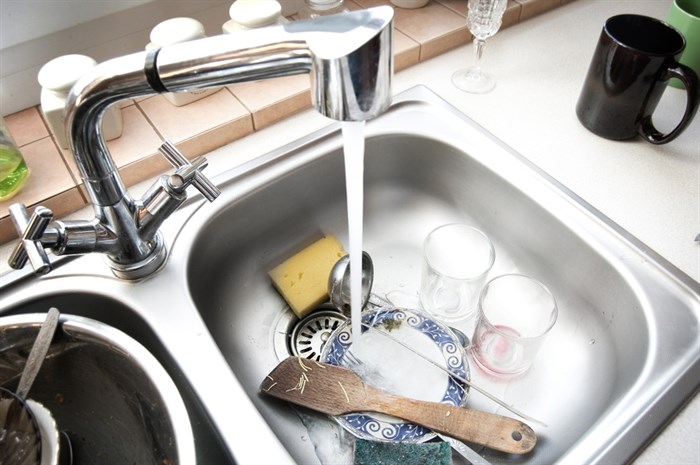
Image Credit: Shutterstock
February 23, 2019 - 6:30 AM
KELOWNA - The city’s latest move to create a single water supplier in Kelowna isn’t likely to trigger significant changes any time soon.
Two reports will go to Kelowna City Council Monday, Feb. 25, dealing with the two dozen irrigation districts currently serving the city, but that won’t change much for the larger ones, which have always resisted amalgamation.
“The reason we still exist is our customers like the level of services,” Bob Hrsako, administrator of Black Mountain Irrigation District told iNFOnews.ca. “The primary reason that we’re still around is that the people on the bench come into the office. There’s no voice mail, no waiting on hold. You talk to a person here. That’s different than most utilities.”
Black Mountain is the second largest water supplier in Kelowna, servicing about 22,000 residents compared to about 70,000 for the city since it took over the South East Kelowna Irrigation District last year. Glenmore-Ellison (16,000) and Rutland (13,000) are the other two larger suppliers
The two dozen other utilities are tiny, servicing a total of about 1,300 residents between them.
The original group of the five (now four) largest water utilities created the Kelowna Joint Water Use Committee in 1991 to improve communication and provide standardization. It stopped meeting on the political level in 2015 but staff have continued to meet.
Of the two reports going to Kelowna council on Monday, one calls for the end of the formal Joint Water Use Committee and just have staff meet when necessary. That’s a move that Hrsako and other staff members support.
The other is to put a policy in place that the city hopes will, eventually, lead to one city-wide water system.
“The City envisions, over time, a city-wide integrated water system that delivers clean, safe, reliable drinking water to all of its citizens at equitable rates, and offers an affordable, reliable and sustainable water supply for agricultural users,” states the policy’s Guiding Principle.
Some have feared the city would try to take over the irrigation districts unilaterally, even though it does not have that power.
The new policy reinforces that point by requiring water suppliers to actually apply for integration into the city’s system. It goes on to outline some of the rules that need to be followed, including trying to charge the incoming ratepayers for any cost in making the change.
To contact a reporter for this story, email Rob Munro or call 250-808-0143 or email the editor. You can also submit photos, videos or news tips to the newsroom and be entered to win a monthly prize draw.
We welcome your comments and opinions on our stories but play nice. We won't censor or delete comments unless they contain off-topic statements or links, unnecessary vulgarity, false facts, spam or obviously fake profiles. If you have any concerns about what you see in comments, email the editor in the link above.
News from © iNFOnews, 2019